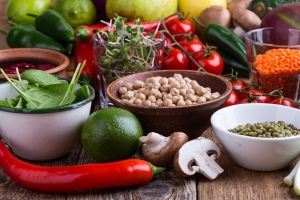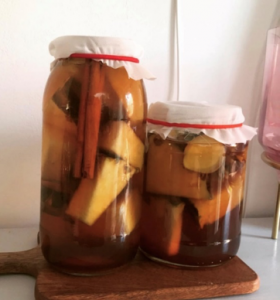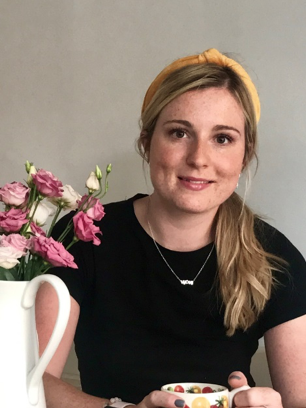 What’s a diverse diet?
What’s a diverse diet?
Did you know that our gut bacteria weighs over 4Ibs?! It is estimated that the human gut microbiome houses 500-1000 different bacterial species, with each species playing an individual role and requiring different nutrients for growth.
Studies surrounding food diversity in gut-health have largely found that similar subcategories of food had similar effects – for example, kale and spinach can offer a similar influence on the microbiome, but can differ from the benefits of carrots and tomatoes. Unfortunately, the Western diet is not particularly diverse and can be rich in sugar and fat. Eating plenty of vegetables, fruits and wholegrains can be key to enhancing our overall gut-health and building a more diverse gut flora. These are also high in fibre and can be digested by certain bacteria in the gut, stimulating growth.
Diversity tips
Diversity in our diet is a lot simpler than we realise, and you may already be incorporating a large variety of different foods. Aiming to eat 20-30 different foods a week is an excellent starting point to be feeding our different gut bacteria. Making a list of the different products you’d like to try can also make it a fun way to experiment. Herbs, spices and oils all count as individual products, so try and make your plate look as rainbow-like as possible!
 Fermented foods
Fermented foods
My favourite topic! Fermented foods can offer probiotic and prebiotic advantages; probiotics are essentially the ‘good’ bacteria and prebiotic foods feed these bacteria. Some shop bought yoghurts and probiotic drinks can offer basic advantages for gut-health. However, always check the ingredients as some products contain extra added sugar and/or salt. Fermented foods can be simply made at home; my two staples in my diet are Sourdough bread and Sauerkraut, both simple to make and keep in the fridge for a long time. It can result in a financial gain too as you can still save those old carrots (check out my Instagram for my carrot & dill fermentation!) It may be best to buy shop-bought fermented foods to start with so you can gauge what you do and do not like.
Ashleigh is offering Biomed subscribers a free 20-minute mini consultation before the end of September 2019: ashleigh@ahowardnutrition.com.
Email: ashleigh@ahowardnutrition.com
Instagram: @happygutnutritionist
Website: www.ahowardnutrition.co.uk
About Ashleigh Howard



Leave a Comment: